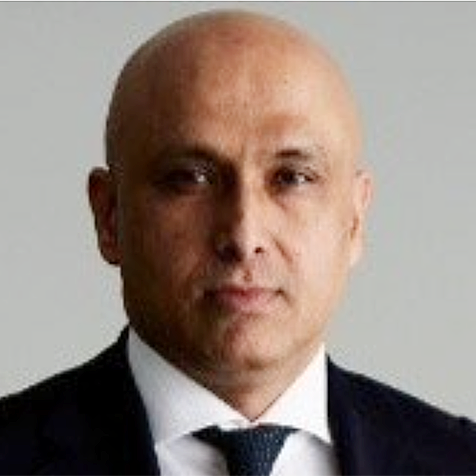Asia is ramping up efforts to achieve its low-carbon ambitions, and round-the-clock (RTC) renewable energy supply is emerging as the most important consideration in its bid to reduce dependence on fossil fuels while ensuring a stable and reliable source of electricity.
The share of renewables in the region’s energy mix is projected to increase from 32% last year to 50% by 2035, according to GlobalData’s latest report. But while the region is caught in a frenzy of launching more renewable energy projects, the intermittency of power generation from conventional solar or wind projects is a major challenge.
Battery Energy Storage Systems (BESS) play a crucial role in ensuring RTC renewable energy supply, storing excess energy generated from renewable sources and discharging it when the demand is high.
As such, Asia is aggressively developing RTC projects. India is one of the leading countries in the region when it comes to renewable energy generation as it pursues its target of generating half of its electricity needs from clean power sources by 2030.
With almost three years of experience in the field, India is scaling fast in terms of technology and projects, and drawing the interest of investors.
“International banks are starting to look at that, and you see the transition happening really quickly in India,” a Japan-based banker focusing on infrastructure finance shares with The Asset, “Moving from small-sized solar projects to large hybrid projects, now we are looking at round-the-clock projects with battery components.”
Mammoth project finance facility
In August 2022, ReNew Power, one of India's leading independent power producers, secured a non-recourse US$1 billion loan from a consortium of international lenders to fund its 1,300-megawatt battery-enabled RTC renewable energy project. It represents the largest project finance facility for a single renewable energy project in India.
The RTC renewable energy project is a hybrid project comprising three wind farms and one solar plus battery storage farm with a storage capacity of 100 MWh. The solar project is located in Rajasthan, while the wind projects are situated in Maharashtra and Karnataka. This strategic placement leverages local resources and takes advantage of India's national-grade infrastructure, which enables the sharing of renewable energy across the country, including regions without renewable energy production capacity.
The project's objective is to provide a minimum capacity of 400 MW on a non-intermittent basis to the Solar Energy Corporation of India (SECI) through a 25-year power purchase agreement. The remaining electricity can be sold to the merchant market, although the power trading platform in India is still in its early stages.
Despite the higher tariff compared to standalone solar or wind projects, one of the international banks involved in the project confirmed that the electricity price of the hybrid project remains competitive compared to other electricity suppliers like National Grid in the country.
The development of RTC renewable energy projects varies significantly across different countries in Asia. Countries like Japan, South Korea, and Taiwan are relatively advanced in this sector, benefiting from well-established markets, strong regulatory frameworks, and robust sponsorship.
Other countries such as the Philippines and Vietnam are facing challenges such as limited resources and technological expertise, unstable regulatory environments, and insufficient infrastructure, the banker says.
Even Taiwan, although a relatively more developed market, has to contend with issues such as supply chain uncertainties and cost overruns in its offshore wind projects.
Singapore looks to neighbours
Despite these challenges, Asean countries appear determined to pursue their renewable energy projects. Singapore has announced its target of raising its imported low-carbon capacity to 4 gigawatts by 2035, which could make up around 30% of its projected power supply.
This year the city-state has signed agreements with Indonesia, Cambodia, and Vietnam to bolster its renewable energy sources. Vietnam will export wind power to Singapore under a joint development agreement signed in February.
Over the past two years, at least five Singapore-based firms have signed memorandums of understanding (MOUs) with international counterparts to facilitate the importation of clean electricity from Indonesia to the city-state, according to the Singapore government website.
One of these is Sunseap Group, which in April signed an MOU with the provincial government of Indonesia's Riau Islands to build large-scale solar energy and storage facilities on the islands to supply power to local communities and Singapore.
The growing demand for clean energy will continue to drive RTC renewable energy projects. Globally, the BESS market is forecast to grow by 27.4% to US$5.53 billion this year, from US$4.34 billion in 2022, according to business intelligence platform ReportLinker.









